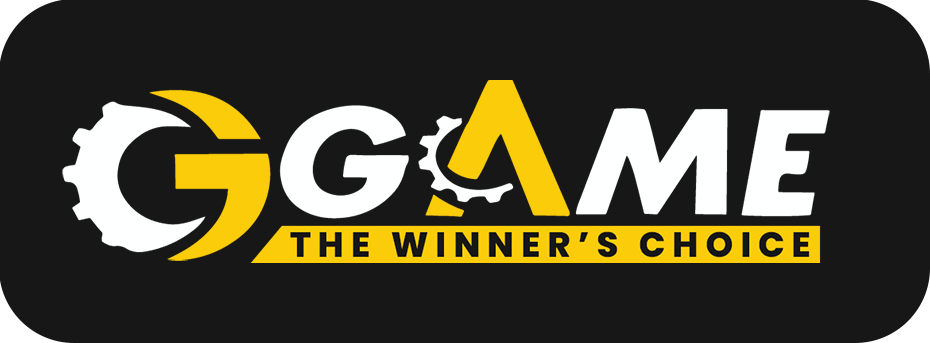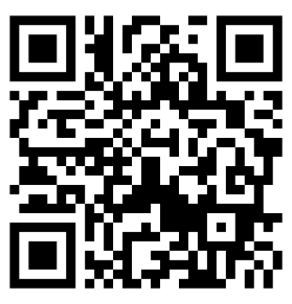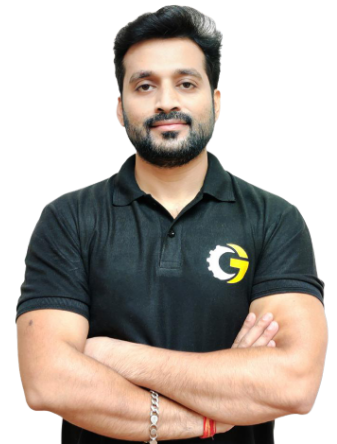ESE 2023 Examination Structure
The government of India changed the Engineering Services Examination in 2017. The revised schedule is mentioned below:
| ESE EXAMINATION STRUCTURE | |||
| Stage | Type | Time | Max. Marks |
| Stage-I | General studies and engineering aptitude paper | 2 hours | 200 |
| Engineering discipline-specific paper | 3 hours | 300 | |
| Sub Total | 500 | ||
| Note: Candidates who qualify at Stage I are permitted to appear for the Stage II examination | |||
| Stage-II | Discipline-specific paper I | 3 hours | 300 |
| Discipline-specific paper II | 3 hours | 300 | |
| Sub Total | 600 | ||
| Total Marks (Stage-I+Stage-II) | 1100 | ||
| Note: Only those Candidates qualifying at this stage (Stage-I + Stage-II) to be permitted to appear for Stage-III examination which is a Personality test (Interview) | |||
| Stage-III | Personality test | 200 | |
| Total Marks (Stage-I+Stage-II+Stage-III) | 1300 | ||
| Note: Candidates qualifying at all three stages (Stage-I+Stage-II+Stage-III) are included on the examination’s final merit list | |||
Note I : The Commission will draw a list of candidates to be qualified for Engineering Services (Main/Stage‐II) Examination based on the criterion of minimum qualifying marks in General Studies and Engineering Aptitude Paper (Paper‐I) and Engineering Discipline specific paper (Paper‐II) of Preliminary/Stage‐I Examination.
Note II: There will be penalty (Negative Marking) for wrong answers marked by a candidate in the objective type question papers.
- There are four alternative for the answers to every question. For each question for which a wrong answer has been given by the candidate, one‐third (1/3rd) of the marks assigned to that question will be deducted as penalty.
- If a candidate gives more than one answer, it will be treated as a wrong answer even if one of the given answers happen to be correct and there will be same penalty as above for that question.
- If a question is left blank i.e. no answer is given by the candidate, there will be no penalty for that question.
Note III: The personality test is an interview which assesses the candidate’s suitability for a career in public service by a board of unbiased observers. The interview also assess social traits and interest in current affairs. Qualities judged include mental alertness, critical ability, clear and logical exposition, judgment, variety and depth of interests, social cohesion and leadership, and intellectual and moral integrity.






